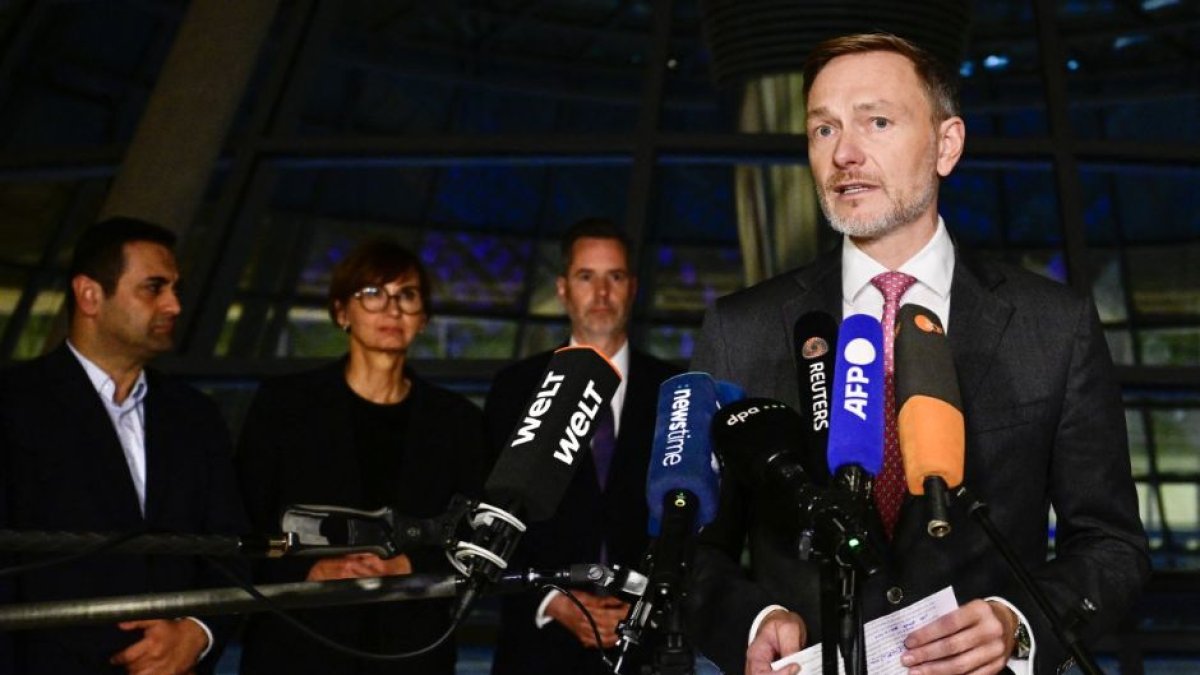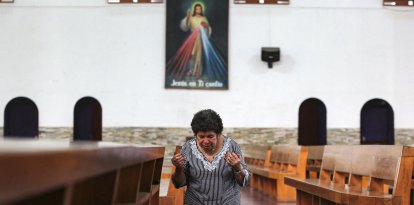German government coalition collapses: disagreements lead to dismissal of finance minister
The party alliance’s breakdown could lead to early elections, possibly in early March of next year.

Germany's now former finance minister, Christian Lindner, addresses the press.
Germany's three-party governing coalition collapsed on Wednesday after Chancellor Olaf Scholz announced the dismissal of Finance Minister Christian Lindner following weeks of growing tension over the implementation of key economic reforms.
The coalition’s breakdown, consisting of Scholz's Social Democratic Party, the Greens and Lindner's Free Democratic Party (FDP), reached a critical point after the publication of a document by the FDP, in which they put forward demands for liberal reforms that were met with skepticism and resistance by the other parties.
The leaders of the three parties met at the Chancellery in the hope of finding an agreement, but failing to do so, Lindner told Scholz that he saw no hope of continuing the coalition and suggested that Germany should prepare for early elections. Following this disagreement, Scholz decided to dismiss Lindner, according to sources close to the discussions.
This internal conflict leaves Germany in a moment of great political uncertainty, since, without the coalition, Chancellor Scholz would have the option of trying to govern as a minority government. However, this alternative presents major challenges, especially in the approval of the national budget, for which he would not have sufficient support in parliament. The new crisis could trigger early elections, possibly in early March next year.

























